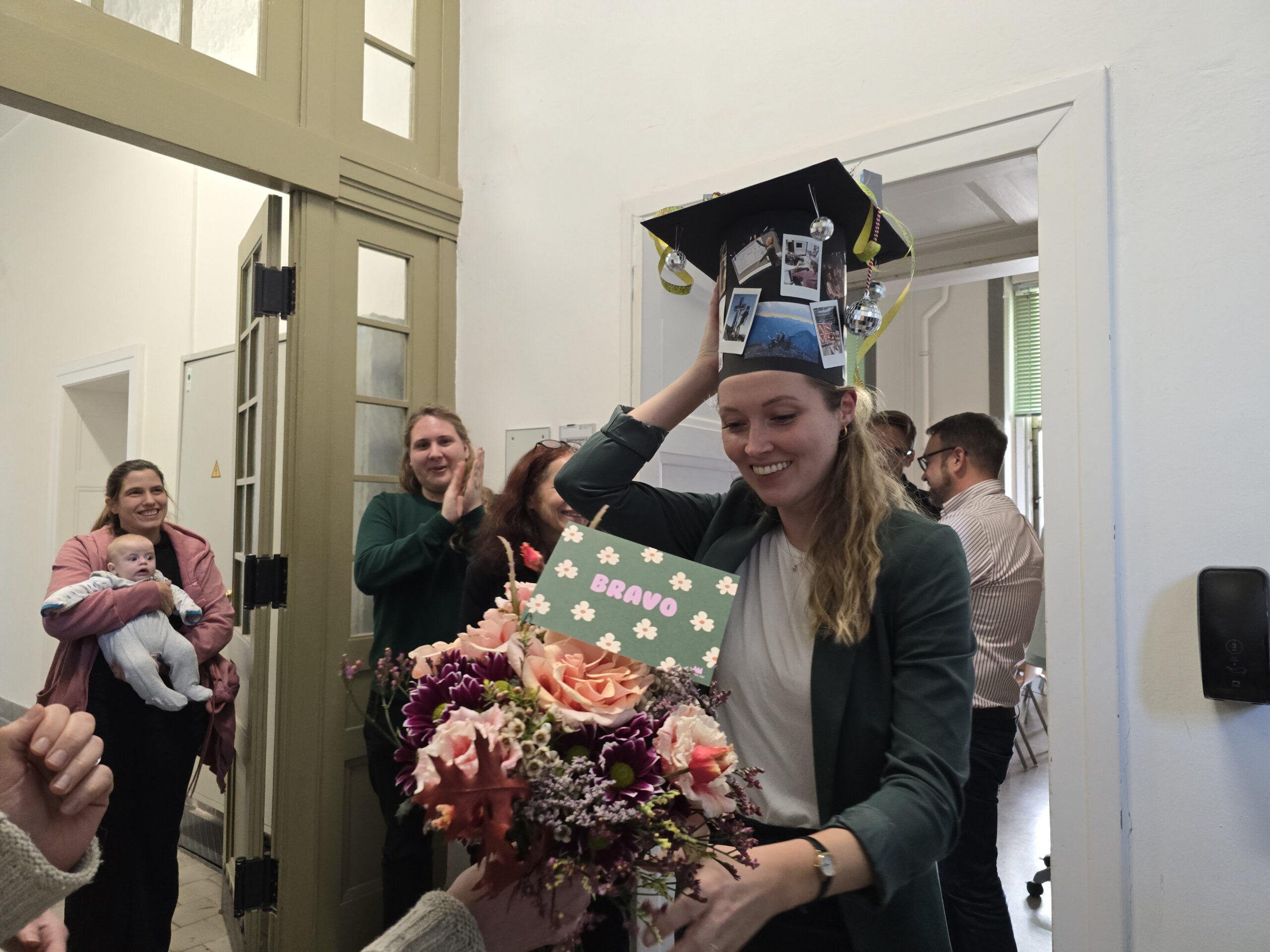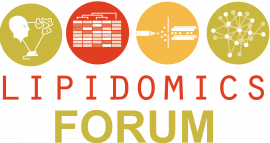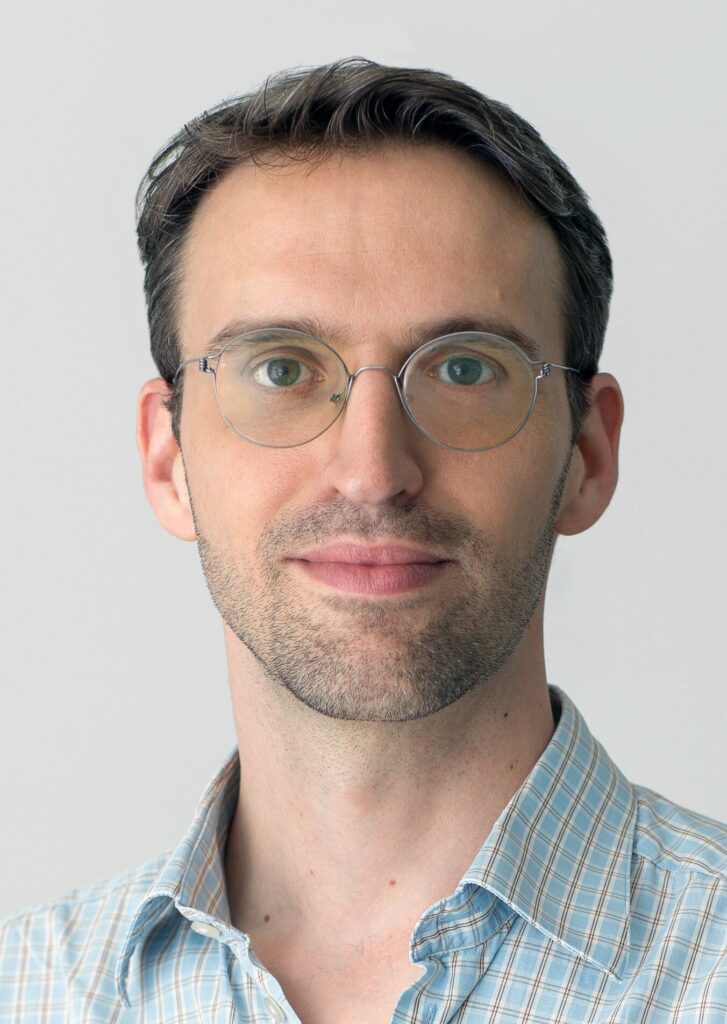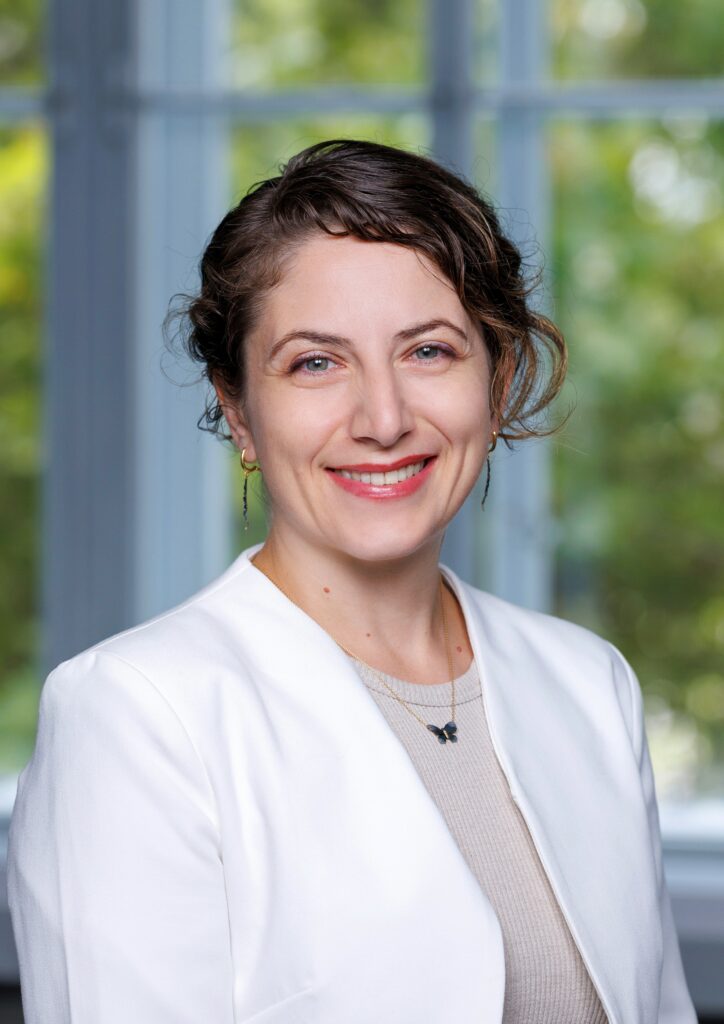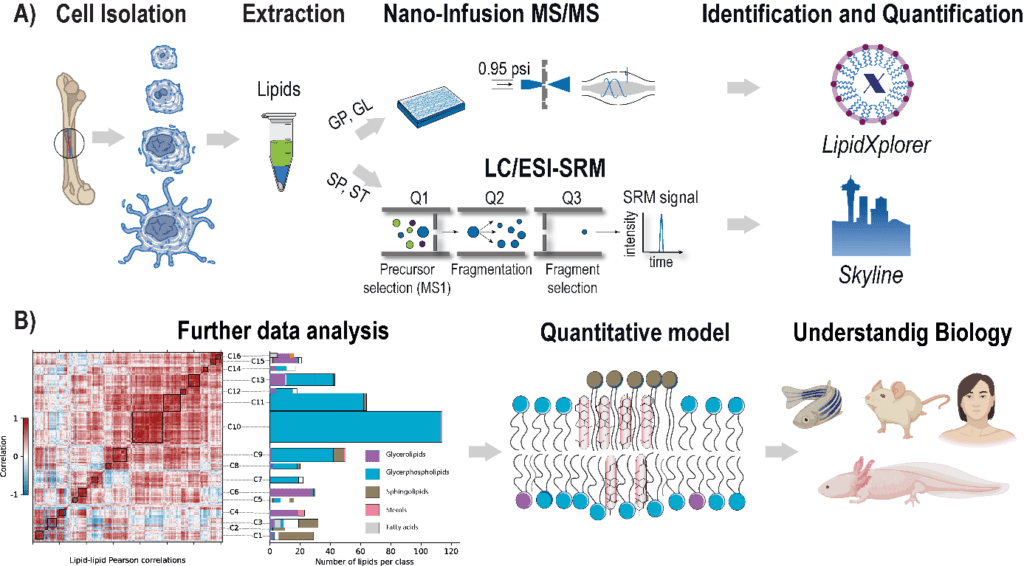Dec 18, 2025 / 12:30 / HS2
Prof. Thilo Hofmann
University of Vienna
“Nanogeosciences, Nanotechnology and Nanoplastics: Similarities and Lessons Learned”
Thilo Hofmann is Professor of Environmental Geosciences at the University of Vienna, where he has held a full professorship since 2005. He earned his PhD in aquatic geochemistry from the University of Bremen in 1998, followed by postdoctoral and assistant professor positions at the University of Mainz. His research explores the environmental impacts of nanotechnology, the behaviour of trace contaminants, sorption processes involving carbonaceous materials, and the fate of microplastics in the environment.He directs the University of Vienna’s Environmental and Climate Research Hub, which brings together over 70 research groups across the natural sciences, social sciences, humanities, law, and economics to address holistically today’s pressing environmental challenges. He has published more than 260 peer-reviewed papers and received awards from the German Academic Scholarship Foundation, TU Berlin (the Erwin Stephan Prize), and the German Water Chemistry Society. He holds adjunct and guest professorships at Duke University (USA) and Nankai University, Tianjin (China).

